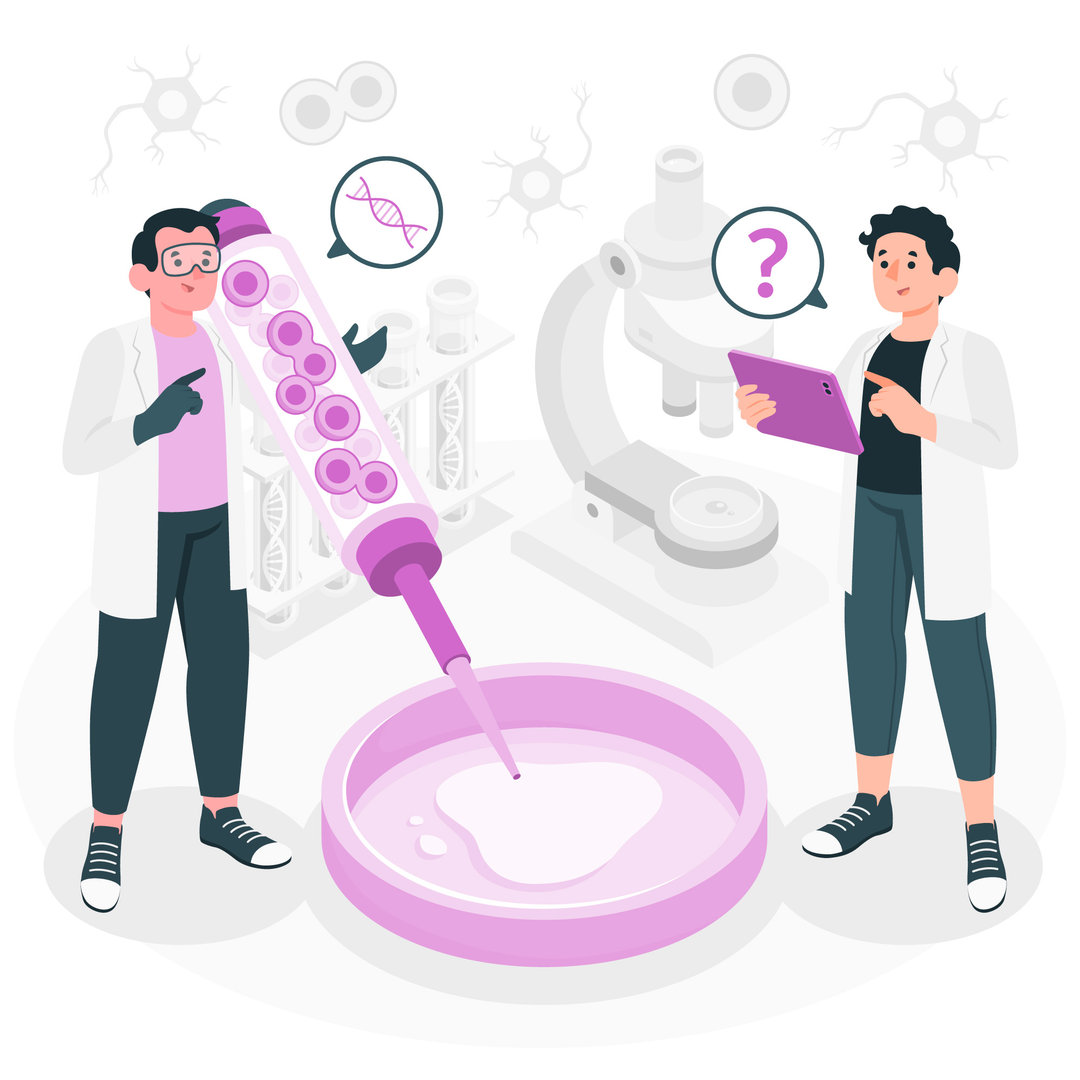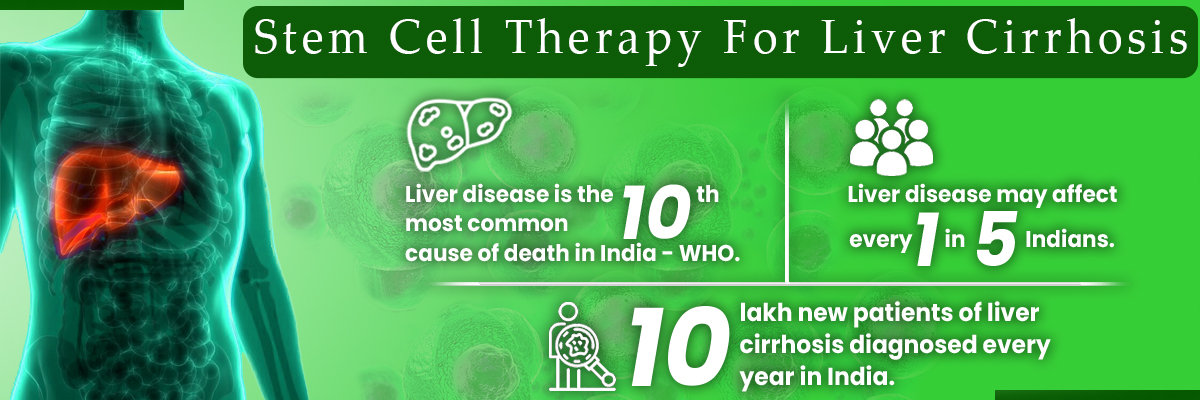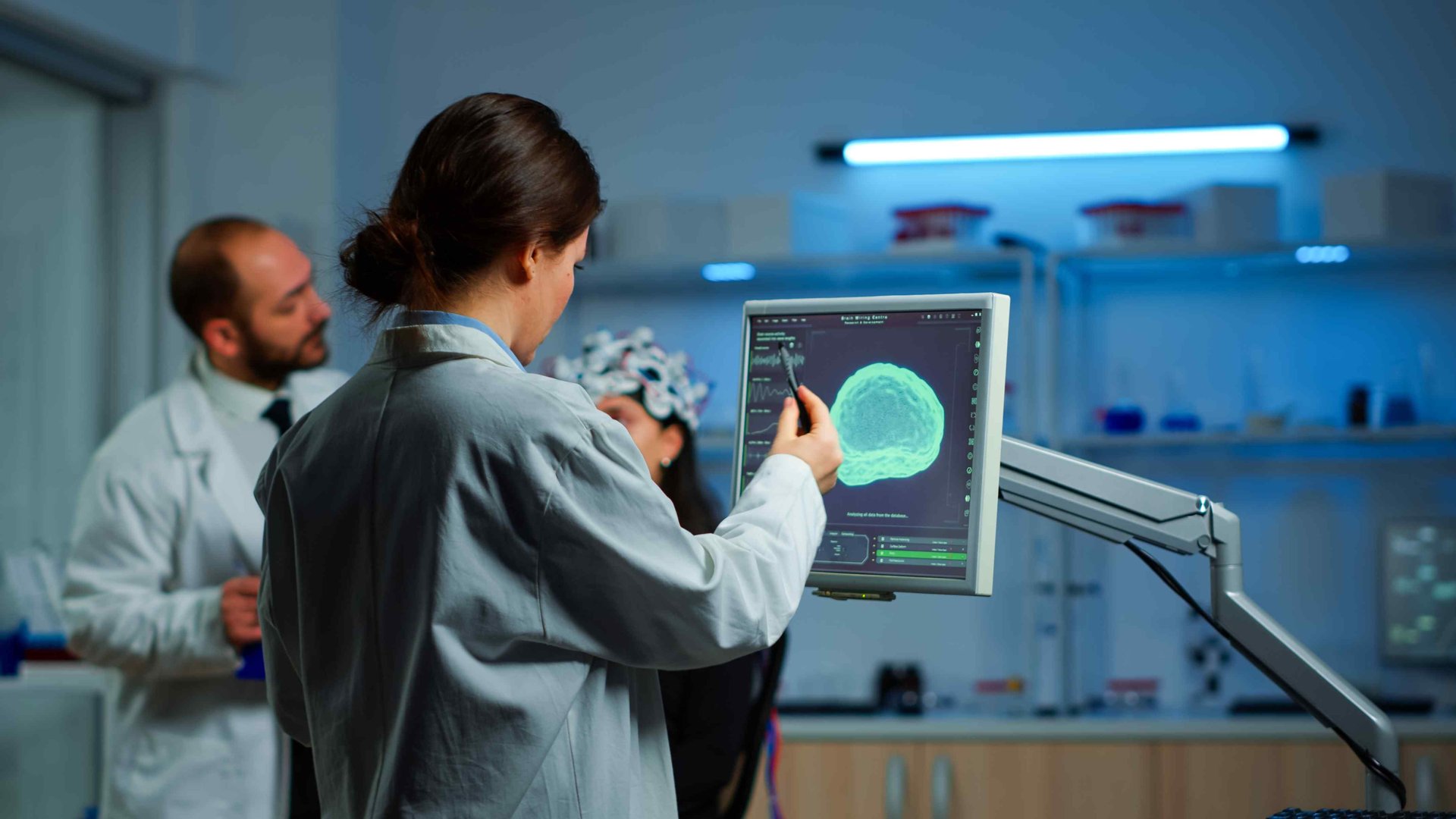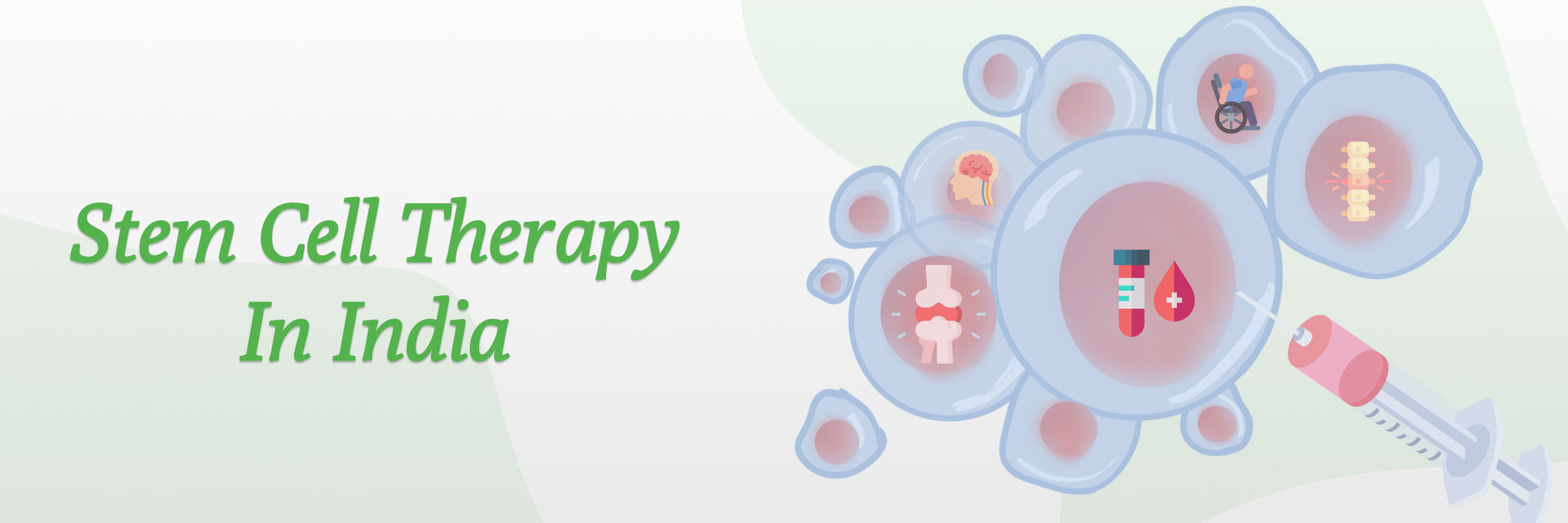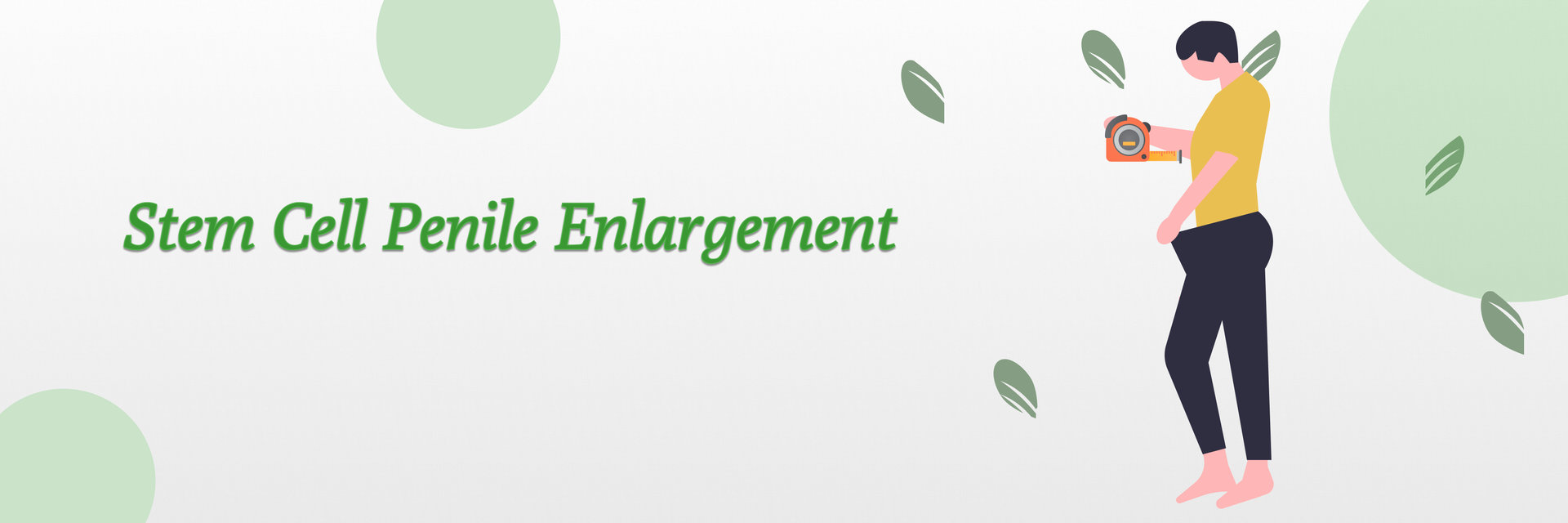Introduction
India has emerged as a fast-growing hub for stem cell treatment, driven by unprecedented advancements in Stem Cell Research, affordability, and the expansion of a world-class healthcare network. Patients from all over the world today opt for India not only for traditional treatments but also for regenerative medicine, such as stem cell therapy for treating complex diseases. The application of mesenchymal stem cells originating from sources such as bone marrow and the umbilical cord is yielding astounding clinical results. Concurrently, an increasing number of people are becoming aware of stem cell storage and preservation, with parents opting to save their child's stem cells at birth. This article describes stem cell therapy, its effectiveness in India, and the reasons behind its growing popularity. Connect with professionals to learn more about stem cell therapy and its success rate in India.
What Is Stem Cell Therapy?
Stem cell therapy is a type of regenerative medicine that employs the body's natural healing cells—stem cells—to fix, restore, or replace harmed or diseased tissues and organs. They may either be obtained from the patient's bone marrow, umbilical cord, or donor sites, as the case may be. Because they can divide and differentiate into specialized cells, mesenchymal stem cells have also become the focus of interest for modern Stem Cell Research. This treatment is now applied to a broad spectrum of disorders from neurological and autoimmune conditions up to spinal injury and orthopedics. Advanced Indian clinics have now begun providing holistic packages that encompass stem cell storage and stem cell preservation so that it becomes even easier for the patient and his or her family members in the future to avail. Consult with the best professionals in this field by booking a video consultation on our platform in just a few clicks.
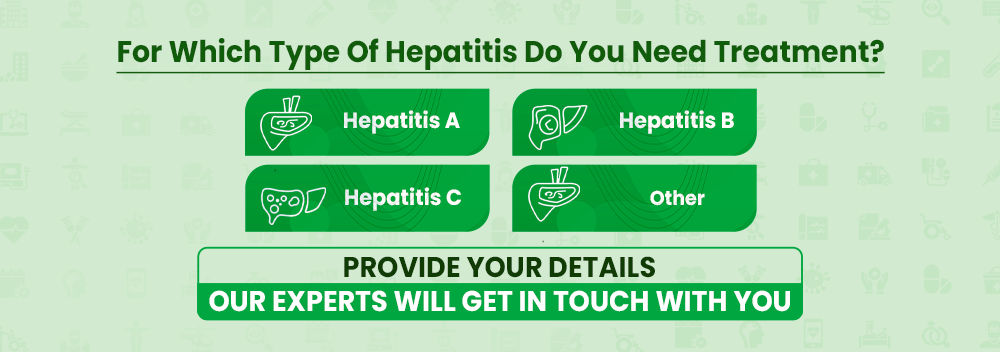
How Does Stem Cell Therapy Work?
The treatment starts with the retrieval of stem cells either from fat tissue, umbilical cord, or bone marrow. Following extraction, the cells are processed and stored in a protective environment by utilizing stem cell storage technology. There are many private banks and hospitals in India that provide stem cell storage facilities with an open stem cell storage price. Once the mesenchymal stem cells are processed, they are administered into the patient's body at the point of injury or disease. Cells begin the process of rebuilding tissue, inflammation is decreased, and repairing begins. Repeated injections with regular doses are administered to patients, together with physiotherapy or rehabilitation where the disease is severe, for example, for spinal cord injury treatments.
Conditions Treated With Stem Cell Therapy
Stem cell therapy has broadened its scope of application to cure an enormous range of ailments. In India, it is used in large-scale treatment of neurological conditions such as cerebral palsy and Parkinson's, orthopedic disorders such as osteoarthritis, and even fatal conditions like leukemia and some forms of cancer. Chronic kidney disease, liver cirrhosis, and cardiovascular diseases are also being treated through the use of stem cell therapy. Spinal injury patients have had an outstanding improvement in motor and mobility function using mesenchymal stem cells. With greater R&D in Stem Cells, the field of treatment will surely increase, particularly for diseases that are presently untreatable by drugs. Clinics also focus on stem cell storage at birth regarding the future use of stem cells from umbilical cords in regenerative surgery.
Stem Cell Therapy Process
The procedure starts with a thorough diagnosis and consultation. After assessment of a patient to be fit for undergoing the treatment, stem cells are collected from bone marrow, fat, or umbilical cord samples. The samples are treated in GMP-certified laboratories under sterile conditions and cryopreserved if necessary. Preservation of stem cell quality is important to ensure cells can survive. Once treated, the mesenchymal stem cells are reintroduced to the patient's body intravenously, intrathecally (intrathecally, into the spinal cord), or locally in the field of injured tissue. Therapy is complemented by treatments such as platelet-rich plasma (PRP) or oxygen therapy for increased efficiency. Packages including stem cell storage facilities are also available at most established clinics, and stem cell storage fees are relatively lower in India than in Western nations.

Success Rate Of Stem Cell Therapy In India
The success rate for stem cell therapy in India is continuously improving due to an increase in expertise and technological advancement. For orthopedic disorders and spinal injuries, there is a success rate of 70–90%. Multiple sclerosis and diabetes have shown improvement in 60–75% of the patients. Mesenchymal stem cells have been discovered to be a game changer as they possess high differentiation potential. Success is also usually reliant on the health of the stored stem cells, the cell source (bone marrow or umbilical cord), and the prompt start of the therapy. Hospital clinical results in Delhi, Mumbai, and Bangalore reveal that if done correctly, stem cell therapy can be an extremely successful treatment.
Factors Affecting Success Rate In India
There are some factors that impact the success of stem cell therapy. They are the nature and severity of the condition, patient age, immune status, and general health. The origin of stem cells also comes into play—umbilical cord and bone marrow stem cells have a greater likelihood of providing improved outcomes in younger patients. The quality of stem cell preservation is also an important variable—low-quality or contaminated samples can result in greatly diminished effectiveness. Prompt treatment, specialist medical staff, and follow-up are all important variables. Even the cost of stem cell preservation will reflect quality—more likely higher to result in more compromises made on technology or safety.
Comparison With Other Countries
| No. | Aspect | India | US / UK / Germany |
| 1) | Quality of treatment | High quality care | High quality care |
| 2) | Success Rate | Comparabale to the US / UK / Germany | Comparable |
| 3) | Stem Cell Preservation Cost | Rs.50,000 - Rs.200,000 | Rs.500,000 + |
| 4) | Overall treatment Cost | Affordable | Expensive |
| 5) | Accessibility | Widely accessible in top Indian cities | Limited to specialized high cost clinic |
| 6) | Medical Tourism Popularity | Increasing rapidly | Moderate |
| 7) | Ideal for compolex disease | Yes | Yes |
Risks & Ethical Concerns
Although stem cell therapy is safe, there are some risks associated with it such as immune rejection, infection, and abnormal growth of cells (tumor). It must be performed in regulated centers where there are facilities for the storage of stem cells and quality checks. Ethical issues are primarily related to the misuse of Stem Cell Research, untested therapies, and informed consent deficiencies. In India, the Indian Council of Medical Research (ICMR) has made strict guidelines to ensure that ethical usage of stem cell technology is ensured. Parents who choose umbilical cord stem cell storage while giving birth must make sure that the center follows ethical and safety protocols.

India: Stem Cell Therapy Hub
India is rapidly turning into a stem cell therapy hub with an increase in accredited hospitals and research centers providing high-quality services. India has seriously invested in Stem Cell Research and stem cell preservation facilities in the form of public and private stem cell storage banks. The low cost of stem cell storage, the ready availability of mesenchymal stem cells, and the availability of well-trained personnel have drawn foreign patients in massive numbers. Apart from that, marketing campaigns for umbilical cord stem cell preservation have encouraged registration among parents who are young and want to guarantee the future health of their children.
Summary
With the incorporation of better medical facilities, qualified personnel, and affordable charges, India is experiencing a steep rise in the efficacy of stem cells for therapy. Whether it is the use of mesenchymal stem cells to treat spinal cord injury or searching for new possibilities in Stem Cell Research, India is definitely on the path. The low expense of stem cell preservation, growing faith in stem cell storage banks, and better clinical outcomes make stem cell therapy a hopeful treatment for most patients.
